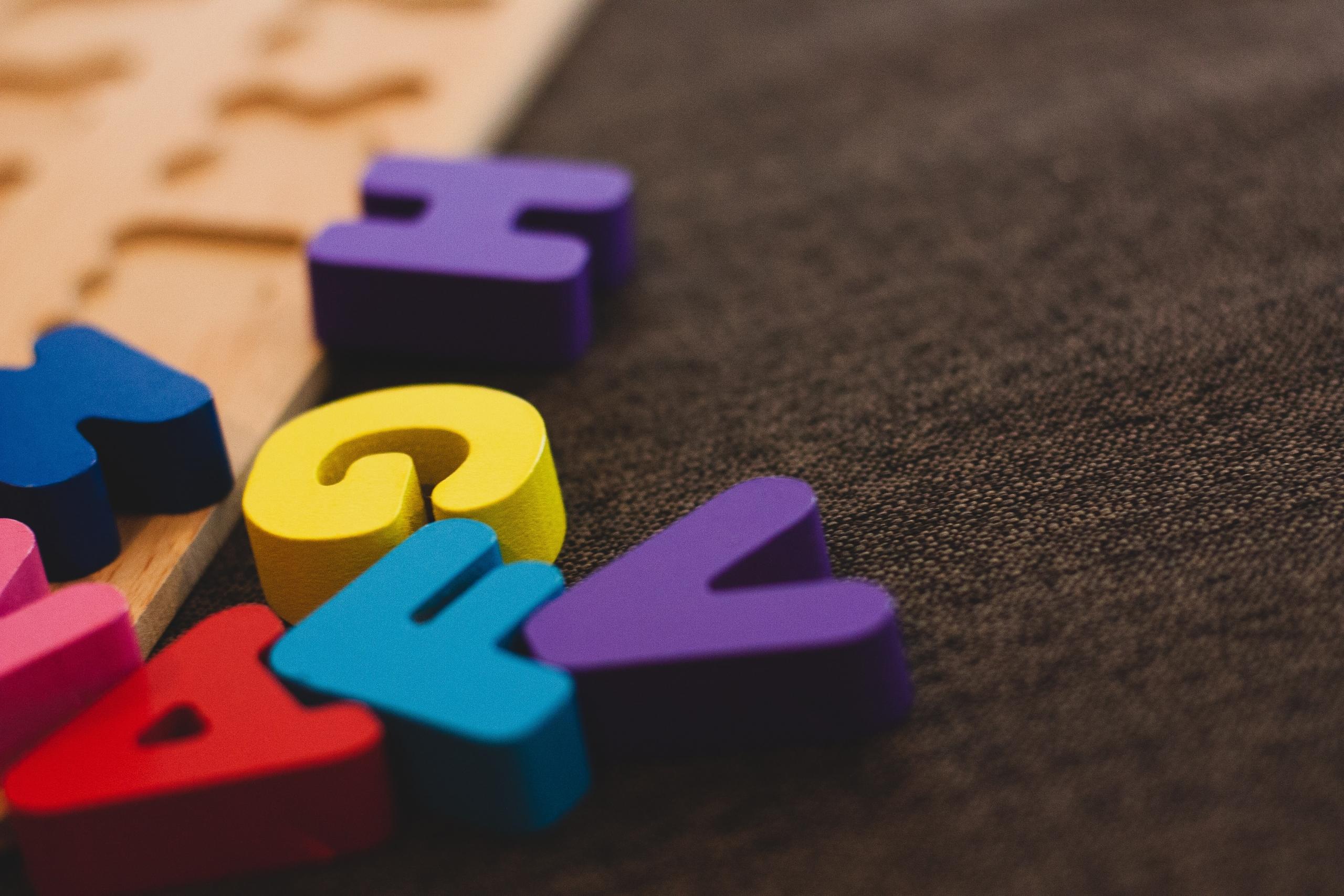The Maori language occupies a very important place in students' education in New Zealand. As an official language of the country, Maori can be used in a variety of contexts. A lot of people use it to communicate with one another and some even turn to Maori in professional situations.
Aside from its practical use, Maori has a huge cultural significance. In their NCEA level 2 course, students can learn more about Maori culture, familiarise themselves with literary works in that language and deepen their knowledge of the history of New Zealand.
In addition to its inherent value, the NCEA level 2 Maori course can help students gain the necessary literacy credits by completing different internal and external NCEA standards. That will help them move forward in their education and get closer to the final objective of entering university.
To deal with that task successfully, a student should know what kind of knowledge they may need for each assessment standard in particular and whether their level of Maori is enough to take on that challenge.
It is true that the high school Maori course is not necessarily an easy one. It requires that students already have solid language skills and a good knowledge of Maori culture.
You should be particularly careful if you didn't take the Maori course at NCEA level 1 and want to start directly at level 2. In that case, it can be useful to talk with the teacher who teaches it, so they can evaluate your level and provide you with recommendations on Maori standards.

On the other hand, if you did study Maori at NCEA level 1, you are probably already familiar with its standards, so it will be even easier to earn the credits than before.
Do you want to know more about how to pass NCEA level 2 Maori? Have a look at our article.
In this article, you can find out more about the NCEA level 2 Maori curriculum, so you can decide for yourself whether it will be a good addition to your education.

How good should your Maori be at NCEA level 2?
Similarly to other high school subjects, when students start their NCEA level 2 Maori course, they are supposed to have a certain level of skills that they have acquired during their previous education. So, what exactly that level is?
According to the NZQA website, the NCEA level 2 Maori course aims to help students reach Maori level 7 determined by the New Zealand Ministry of Education. At that stage, learners must be able to understand both written and spoken Maori in formal and informal contexts and express their opinion with reasons.
That is a rather advanced level of knowledge as it implies not only using te reo to talk about everyday situations but also to reflect on abstract topics and acquire new knowledge through reading and listening.
Obviously, the best way to be sure to have the right language skills is to have followed the Maori course in the previous years.
A good point of reference to assess your abilities can be the documents on which students will work in their year 12 course and upon which their NCEA standards will be based. These include idioms, prayers, new items, poems, recipes, short stories, graphs and tables, formal letters and other sources.
As you can see, the documents students can be confronted with in their course and standards are pretty diverse, which requires a rather high level of literacy and understanding.
If you want to understand why NCEA level 2 Maori is so important, our article can certainly help you.
At the same time, you will be sure not to get bored during the year because you can learn plenty of new information while preparing for one standard or another. That can be a good way to expand your general knowledge alongside your language abilities, which will certainly come of use at university and in professional life.
Themes and topics covered by the NCEA Maori course
It is absolutely normal that a student may have a better knowledge of certain subjects they are interested in while not mastering others. A good learning strategy for language students can be to intentionally focus on topics they are less familiar with in case they can be the subject of an assessment standard.
If you want to work on your Maori skills on your own, here is a list of the main themes that NCEA level 2 students should be aware of in Maori:
- Ahi ka (occupation of ancestral lands, one's connection to them);
- Taiao (the environment and the natural world);
- Ngā kōrero tuku iho (oral tradition and the transmission of knowledge);
- Tū whakaiti, tū whakahī (humility and dignity).
These are rather vast subjects on which students can have a discussion in their course. When you work on written materials or revise your course notes, try to ask yourself questions about your own standpoint, so you can participate in the debate and even add something new.
During their exploration of those themes, NCEA students will be offered to focus on different concrete topics that are related to them. They include the Land Wars, the status of te reo Maori, the Maori Language Commission, Urbanisation, Assimilation and Resistance, the Tourism Industry and others.

Thanks to the Maori course, you will become more aware of the changes that took part throughout the history of New Zealand and that may help you gain credits in other subjects, such as history or sociology.
Just be curious about the problems you tackle in the course and you will not be afraid of any NCEA assessment standard. That's a great opportunity to discover that learning can be fun and get inspired for future studies at a university or in another institution.
Broaden your knowledge day by day
The particularity of learning a language is that it needs to be done gradually. While in other subjects, like maths or science, it's enough to understand a school topic once and for, in Maori, the students need time to develop their skills. There are plenty of ways to do that.
Whether you are preparing for some internal or external standard or just revising for fun, you can always search for additional information on your topic. As the perspective on the issue changes from one author to another, you will be able to see it in all its difficulty.
Some of the sources you can use are newspapers, textbooks and online publications. You can look for them on your own or ask your school teacher for recommendations.
If you manage to offer an original point of view in an exam, you will be much more likely to get Merit or Excellence NCEA credits, which will be certainly taken into account when you apply for university.
Another important Maori skill that takes time to be acquired is listening. It can be extremely useful to meet the internal Maori listening standard and to communicate in te reo in general.
What can make a difference, in that case, is the student's regularity. There are plenty of opportunities to listen to spoken Maori in New Zealand. Additionally, if you wish to improve your conversational skills, you can learn to speak Maori. You can tune in to a radio, watch TV or simply ask Maori friends to talk to you.
Learn how to use past exam papers efficiently in our article.
Even if you can't understand everything, in the beginning, you will notice changes very soon. Your ear will get used to the intonations and phonetics of te reo and you'll become able to single out words and expressions.
Try to be inventive when learning Maori, as it is not an exact science and creativity can lead you to great results.
Learning Maori with a personal tutor
The main difficulty that a student can face when learning Maori at school is the lack of practice. When we are in a classroom with other students, we don't often have the opportunity to speak a lot because of the limited time.
A good solution can be to employ a personal tutor who will give you their full attention and make you listen to Maori and speak during the entire lesson.

Private classes are motivating for students because they don't feel any pressure and can enjoy the learning process. Already after a few sessions, the student will become much more confident about their skills.
The internal or external NCEA standards to meet will not seem as daunting to them as before and they can even start having fun.
All you need to progress in Maori quickly and get ready for every challenge is to find a good NCEA tutor in your city or online. That is where Superprof comes in.
If you want to know more about the NCEA Maori standards, our article on the topic will surely be of use.
On our website, you can search for Maori tutors from all around New Zealand, read information about their courses and contact them directly to schedule a first class. At that point, you will get to know the teacher in person and make sure that their lessons are what you need.
Studying with a tutor we feel comfortable with changes completely our learning experience and helps us achieve great results.
Summarise with AI:















